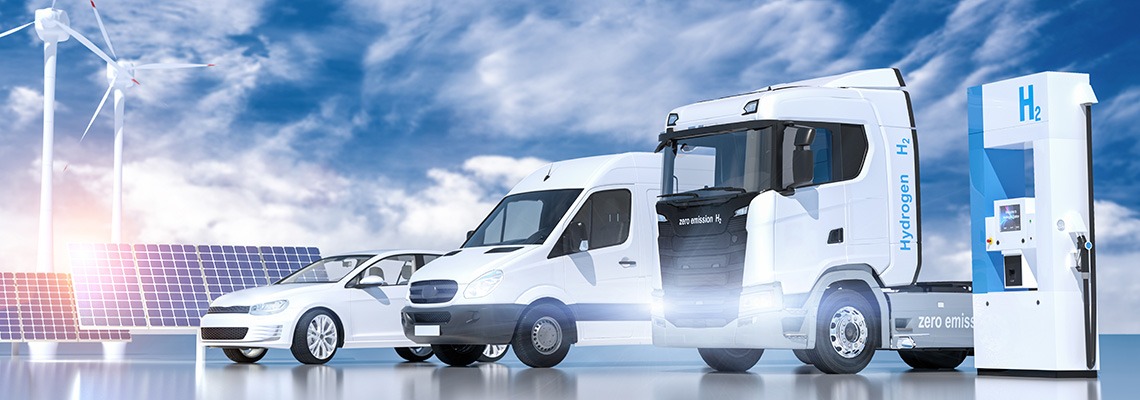JAPAN REPORT
Kawasaki Heavy Industries has launched a generator engine that runs on a mixture of natural gas and hydrogen. It can operate using a hydrogen blend of up to 30% by volume relative to natural gas. This is the world’s first product of its kind to be launched.
The newly launched ‘Hydrogen-Blended Gas Engine’ is based on existing natural gas-fueled power generation engines. Due to the explosion risk posed by hydrogen, it is equipped with safety devices and mechanisms to remove residual hydrogen from piping. The engine can also run on a fuel blend of city gas and hydrogen.
When blended with 30% hydrogen, an 18-cylinder model operating at 50 Hz has a power output of 7,800 kilowatts. Kawasaki Heavy Industries is expanding its product range to include hydrogen supply network products.
Source: The Nikkei
PSR Analysis: Using existing natural gas power generation facilities while transitioning to hydrogen utilization is expected to reduce customer investment risk. This approach is likely to attract the attention of infrastructure companies and local governments in domestic and international energy transition markets, particularly in Asia and Europe. It aligns with Japan’s policy of promoting a ‘hydrogen society’, and its adoption in public projects is anticipated.
However, resolving challenges in the fuel supply network, such as hydrogen cost and stable procurement, will be key to the speed of adoption.
Kawasaki Heavy Industries will enhance its brand value across the entire shipbuilding, power generation and hydrogen supply chains, thereby strengthening its position as a comprehensive energy company. In the medium to long term, market expansion is anticipated as a stepping stone towards full hydrogen combustion. PSR
Akihiro Komuro is Research Analyst, Far East and Southeast Asia, for Power Systems Research



